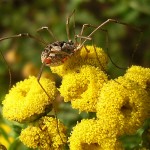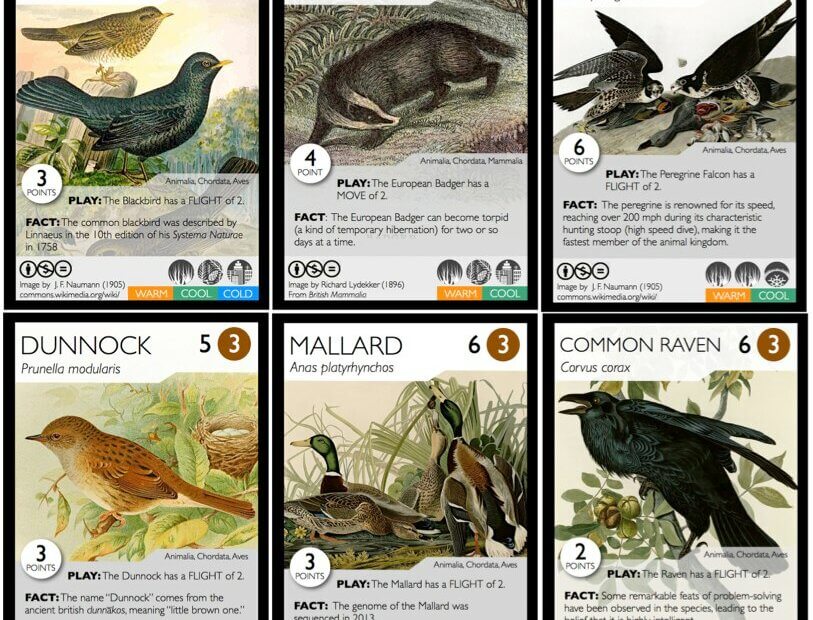The Public Lab is, I think, a generally stellar example of how to go about citizen science: they identify genuine, pressing scientific needs that are underserved by existing institutions, develop effective and practical ways of addressing them, and then deftly articulate both to the public. Those steps are difficult enough to get right individually, let alone all at once—and repeatedly. Their ingenuity, insight and deep understanding of practical citizen science makes them not just role models, but inspirations. And that makes them an excellent subject for our first “Muses” post—a category for people and projects we find inspiring.
A whole lot of science fan culture tends to focus on heavy machinery: think the Large Hadron Collider or the Curiosity rover. These things are important for physicists and astronomers (and fans like me), but if you’re in a wetland, a factory, residential area, or salmon farm and you encounter an unknown substance, particle collision is not going to tell you what’s in your water. For that, you need spectrometry. And for that, it turns out, you do not need a PhD. Read More »Muses: DIY spectroscopy

